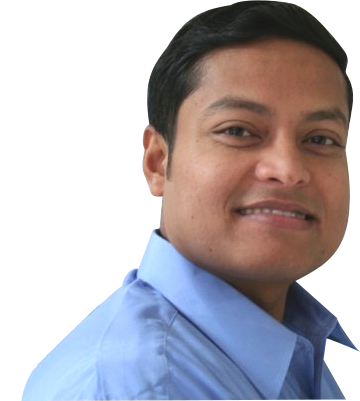TEACHING STATEMENT
My Teaching PhilosophyTeaching is exciting. I never feel more energized than after a class that has gone well. I have an affection for teaching and have found that there is nothing more rewarding than inspiring the minds of others. My teaching objective is to inspire personal education in the minds of students according to their interests. The most important aspect of teaching is to establish the habit of learning and inspire innovation in the mind of the students so that they may draw final conclusions to spark their own passions. This is particularly true for engineering education since the field is dynamic and constantly progressing, and therefore standard answers will not be enough for many of their future challenges. A strong understanding on fundamental concepts and problem solving is crucial for establishing a foundation which can be used to extend existing knowledge to new territory. When teaching, I find it important to seek a balance between times spent lecturing and in discussion with direct interaction. Good teaching and good learning depend on intellectual exchange and therefore I encourage group work and am strong promoter of diversity. I believe that diversity improves every person’s knowledge and understanding through the collective logic of people from different backgrounds and with different styles. I have 15 years of teaching experience to the university students in the USA, Japan, Bangladesh and Malaysia in English medium. I have been given opportunity to teach the undergraduate students at the University of California, Berkeley, Extension, USA. During my teaching, I ask all the students whether they have comprehended properly or not. If all the students understand properly then I go to the next topic. Sometimes, I take short examinations to check whether all of them have understood properly or not. Personally, in my classes, I tend to use different teaching methods. These methods can differ from course to course. The selection of the method should depend on the type of the course. For example, I use PowerPoint in all my courses, but the use of this tool solely is not enough to ensure effective teaching. I explain by writing information on the board, showing a picture or facilitating class discussion. Sometimes, a picture is worth of thousand words. I believe that the instructor needs to understand the diversity in learning styles among students. Therefore, I tend to switch between different teaching styles to accommodate these differences. Also, I believe that the best way to learn something is to do it yourself. In my Environmental Engineering course, I gave assignments to the students to solve an environmental engineering problem in developing countries by making models and doing experiments. “Think globally but act locally!” is the main motivation to discover innovative ideas from the new generation. During their process of conducting this research I always help them to find out the best solution or if they have any questions then I try to solve that even after my class time. I like to share my own research outcomes with my students during my lecture if it is relevant. The students’ evaluation was very positive which resulted in my being awarded the “Excellent Teacher Award”.
Here are the courses I am currently conducting/ previously conducted:
- Advanced Bioenergy Engineering for Ph.D. students.
- Advanced Microbial Fuel Cell Engineering for PhD Students.
- Advanced Geoenvironmental Engineering for Master’s students.
- Advanced Biogeotechnical Engineering for Master’s students.
- Advanced Geo-disaster Prevention Engineering.
- Professional English for International course master’s students.
- Engineering communication I and II for 3rd year students.
- International Civil Engineering I and II for 3rd Year students.
- Human and Environment
- Environmental Engineering I and II
- Geotechnical Engineering I and II
- Foundation Engineering.
- Engineering materials.
- Professional English Communication.
